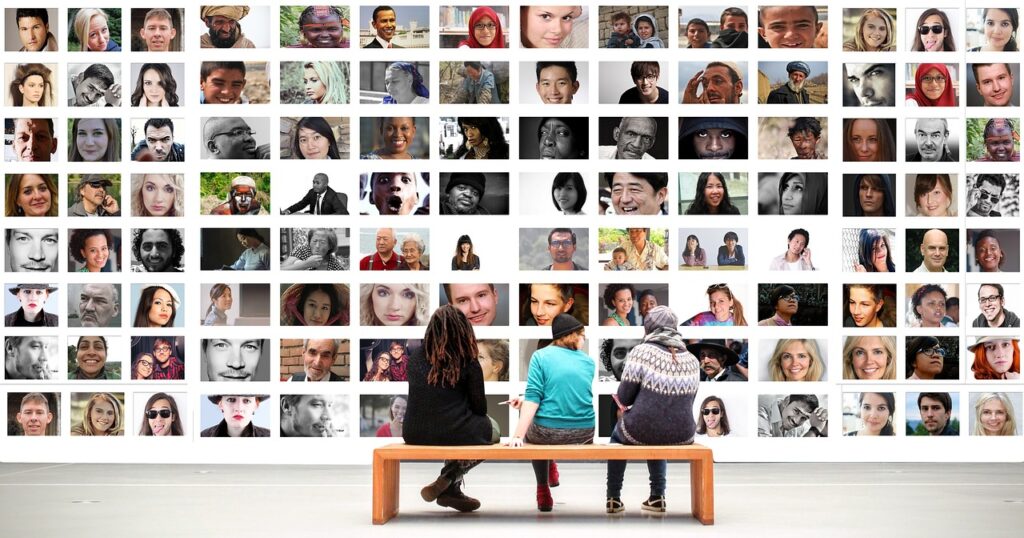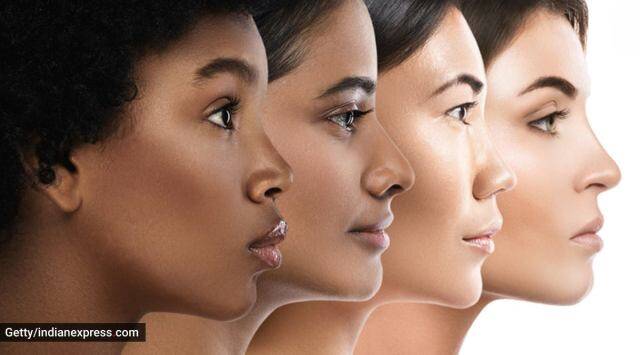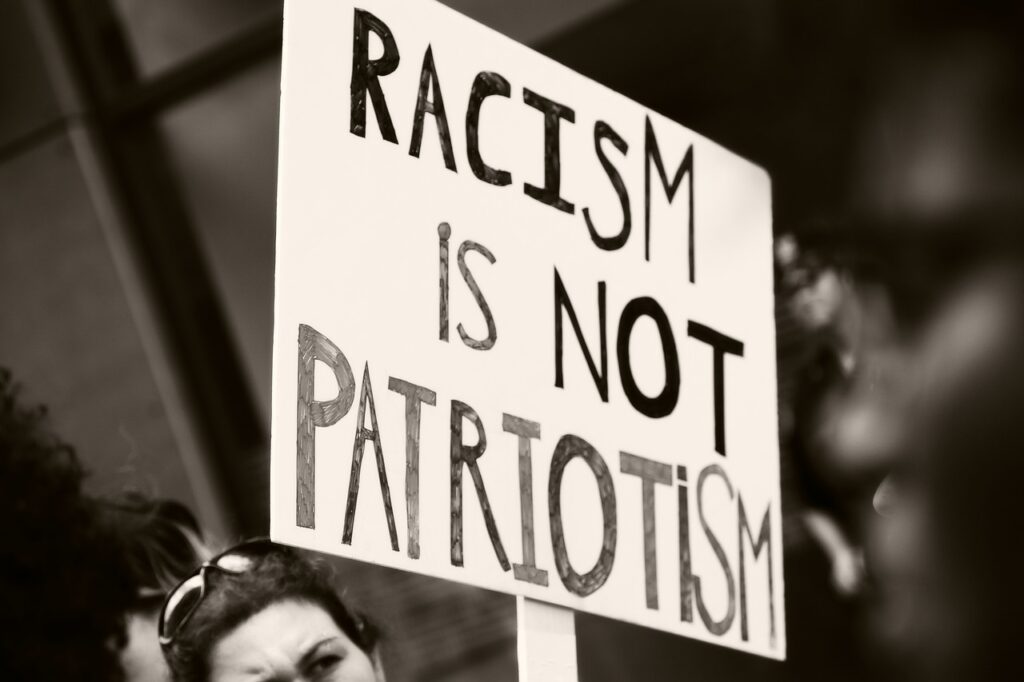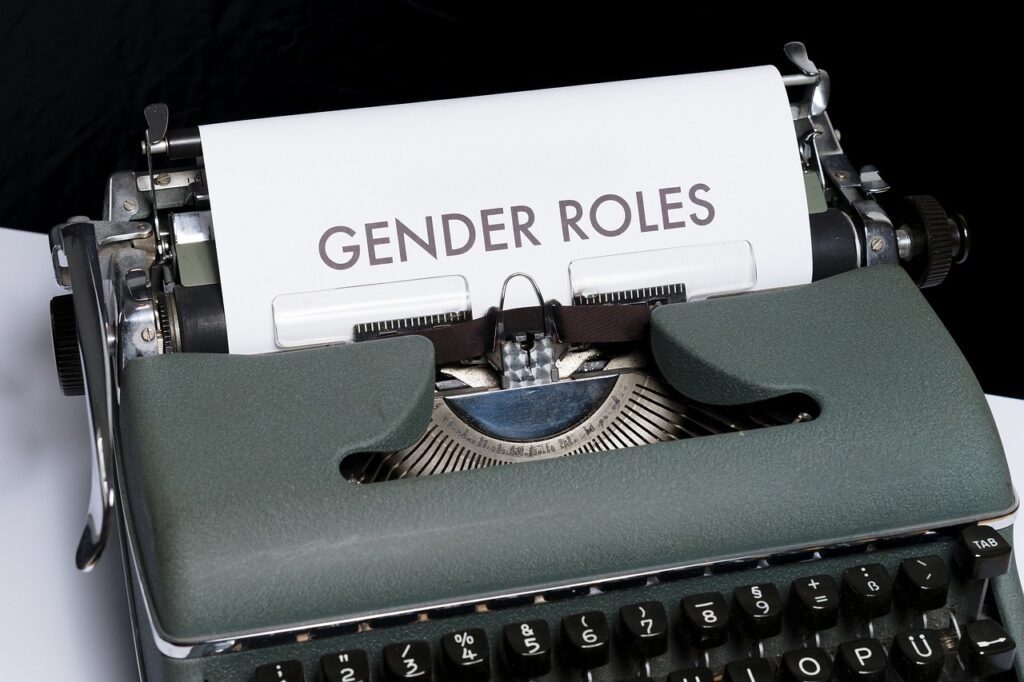
We know very little about how the human mind works. Most research and breakthroughs in human psychology have happened recently. Many things affect our thinking and behaviors. Yet, we must know that our minds can be manipulated. Biases like confirmation bias, availability bias, herd mentality, etc., affect our thinking. Cultural bias is another common bias that impacts us. Let’s understand how cultural bias works and how we can cut its impact.
What Is Cultural Bias and Does It Results in Stereotyping?
Cultural bias is the tendency to view people and behaviors based on our cultural norms and values. Cultural bias results in stereotyping. Hence, we make assumptions and generalizations about individuals or groups based on their cultural backgrounds.
Cultural bias works at an unconscious level, which means we are unaware of our preferences. This bias can impact our decisions and actions, including how we treat others and who we choose to interact with. Unconscious bias is based on upbringing, personal experiences, and cultural background, among other factors.
Few Examples of Cultural Bias in India and Beyond
White Skinned Means Beautiful

One of India’s most common cultural biases is the belief that fair skin is more desirable and attractive than darker skin. This bias runs deep in our culture. Remember the advertisements for skin-lightening creams and other beauty products that promise to make skin lighter. Thankfully, they are a bit mild milder now. And don’t shout to make us white-skinned, as if the darker skin colors are bad.
This bias can harm darker-skinned people. They may face discrimination and negative stereotypes based on their appearance. This bias is based on a random and culturally constructed standard of beauty. And it promotes inequality by reinforcing the idea that specific physical characteristics are more valuable or desirable than others.
I’ve seen people treat their kids differently because of their skin color, which is bizarre. It affects their mental health as they feel neglected and lose their self-esteem.
Us Versus Them – The Ultimate Cultural Bias

Another example of cultural bias in India is the belief that individuals from certain castes or regions are inferior or superior to others. Historically, The caste system has played a significant role in our society. People born in specific castes determined their social status and opportunities. This belief system has led to biases and discrimination against individuals from lower castes. They are often viewed as less intelligent, capable, or worthy of respect.
The historical mentality is still prevalent and impacts the socio-political situation. We still vote based on caste and religion instead of the candidate’s past work. As a result, we elect incompetent and useless leaders. We forget that being born in a particular caste or religion is beyond our control. When we are born, we are human beings; the rest of the tags are man-made.
Men Earn and Women Cooks

A general belief is that men should be the primary breadwinners in a family, and women should focus on domestic responsibilities. This bias comes from traditional gender roles and societal expectations. It pushes the narrative that women should rank their families over their careers. This expectation leads to limited opportunities for women in the workforce. Hence, promoting gender inequality.
Did you know that, as per the world bank, participation of the female workforce in India fell to a mere 19% in 2021? In 1990, it was a decent 30%. So instead of increasing, it decreased. People worry about their daughter’s marriage instead of their studies and career. On top of that, when a girl starts earning a decent package. Their anxiety increases as they assume that the chances of finding a suitable match will be more tedious. Again, a side effect of our cultural bias which needs to go.
Indians Are Good at Math
In Western countries like the USA, a typical assumption is that everyone from a particular cultural group is good at math or science. The stereotype comes from the idea that people from certain countries, such as China or India, have a reputation for excelling in these subjects. However, this assumption is not necessarily valid for everyone and can lead to unfair expectations and judgments.
Fun Fact - I remember chitchatting with my office colleague in the US once. I told them that back in India, Cows waited at bus stops, took buses and traveled with us. Few of them grinned and knew I was cooking it up, but many fell for it. The stereotype worked at its best, but it's easy to drop this bias once you know the reality.
Cultural biases can also be subtle. For example, making assumptions about people from specific cultural backgrounds. Look around, and you can relate to many examples. Like, how we treat people from north East, southern states, and vice versa. Forget different cities; stereotyping even works within cities. South Delhi vs. the Rest of Delhi, how people of South Bombay etc.
To ensure we treat all individuals without prejudice. We must be aware of these biases and unlearn them.
How to Manage Cultural Biases?
We must become aware of our biases and actively work on challenging them. The awareness can only come if we educate ourselves about different cultures and experiences. We must question our assumptions and beliefs and seek diverse perspectives and viewpoints.
We should develop systems and processes that promote fairness and equity. Blind hiring practices or diversity and inclusion training programs are super effective.
Here are some ways to manage unconscious bias:
- Educate yourself about the world’s different cultures, identities, and perspectives. This awareness reduces our biases, improving our interactions with people from different backgrounds. Traveling helps a lot, So make a point to travel to a place you have never visited.
- Challenge your assumptions: Take the time to question your assumptions and stereotypes. Consider the source of your beliefs and check whether it is based on legit information. A lot of information is fake, and we shouldn’t trust everything we consume.
- Be aware of your biases: Take note of the situations where you may be more likely to rely on stereotypes. Actively try to counteract these biases.
- Like not everyone who speaks fluent English is also intelligent.
- If someone is Popular and has a considerable following, it doesn’t mean they are correct.
- Practice empathy: Try to put yourself in other people’s shoes and consider how your biases might affect their experiences. Easier said than done, but if we make an effort, it works.
- Seek feedback & take action: Ask for feedback from others to understand how your biases may affect them. Seek diverse perspectives and experiences to broaden your understanding and challenge your preconceptions.

Wrapping Up!
The more we learn about thinking correctly and critically, the better we become. Awareness of and tackling our cultural biases makes us open-minded, inclusive, and empathetic. Every change starts from within. Without prejudices, our interactions will be more effective. Hence, we will contribute to creating a more inclusive and equitable society. Remember, our diversity is our strength.
If you remember any particular example that can help others, please share.

Feedbacks – Reader’s POV